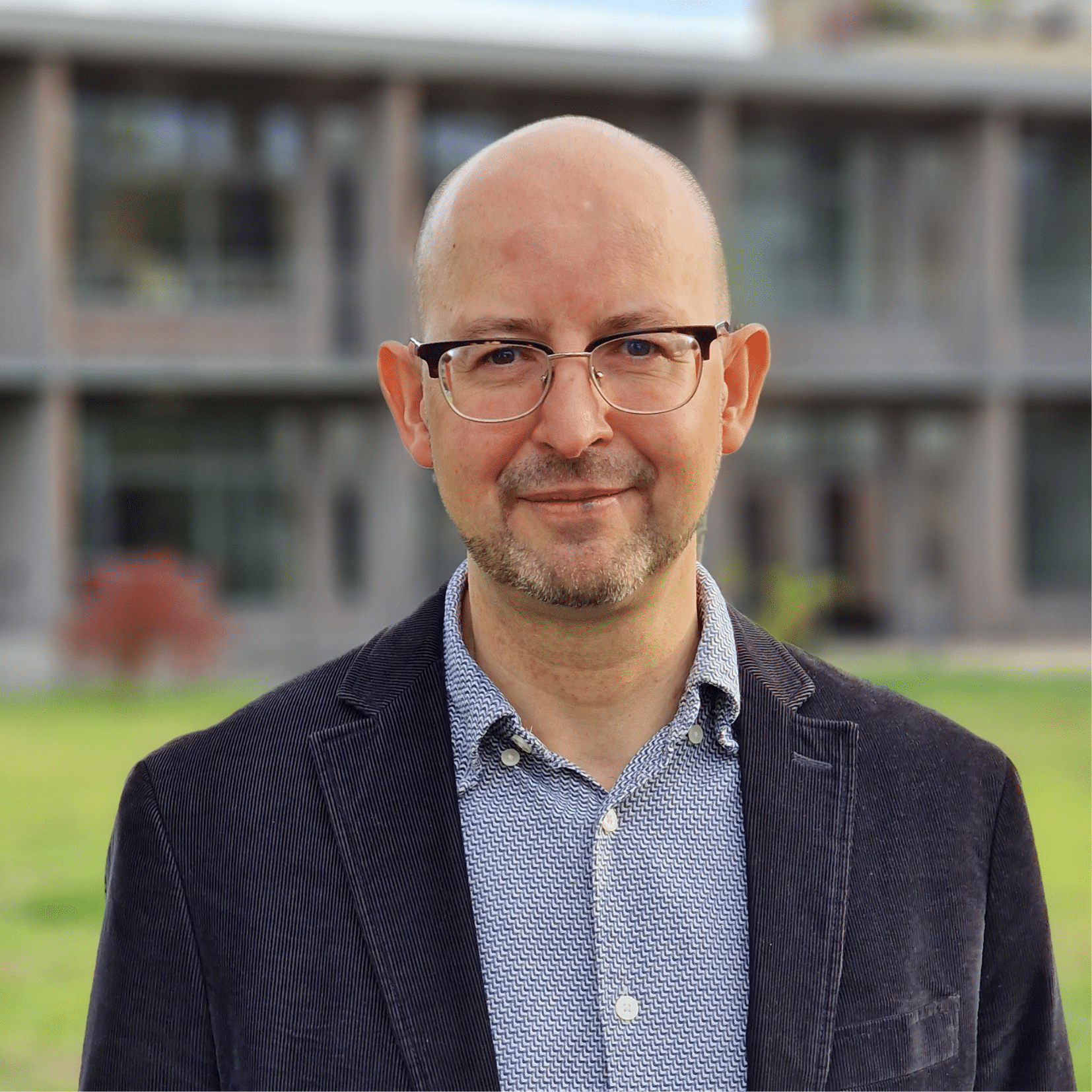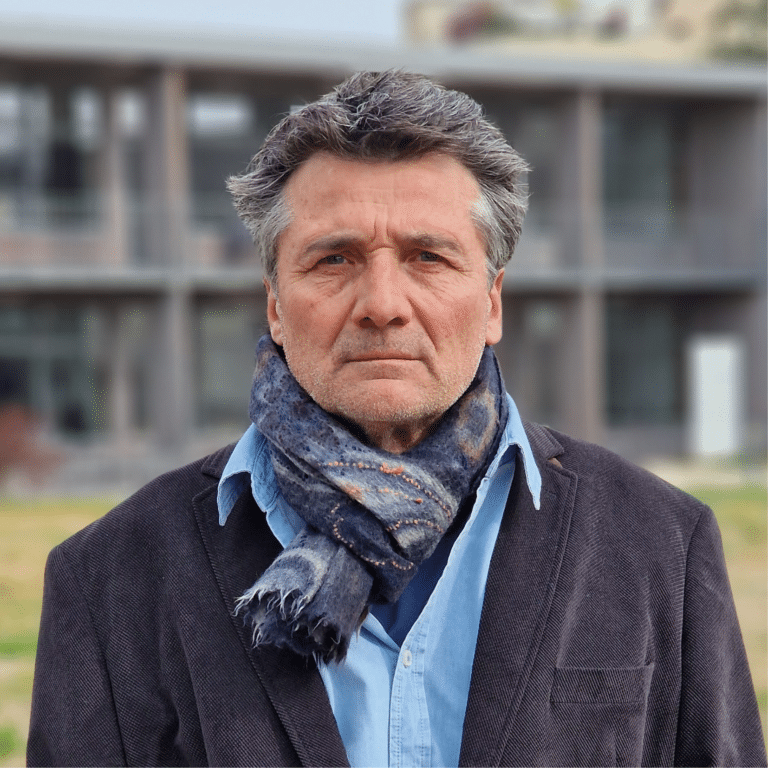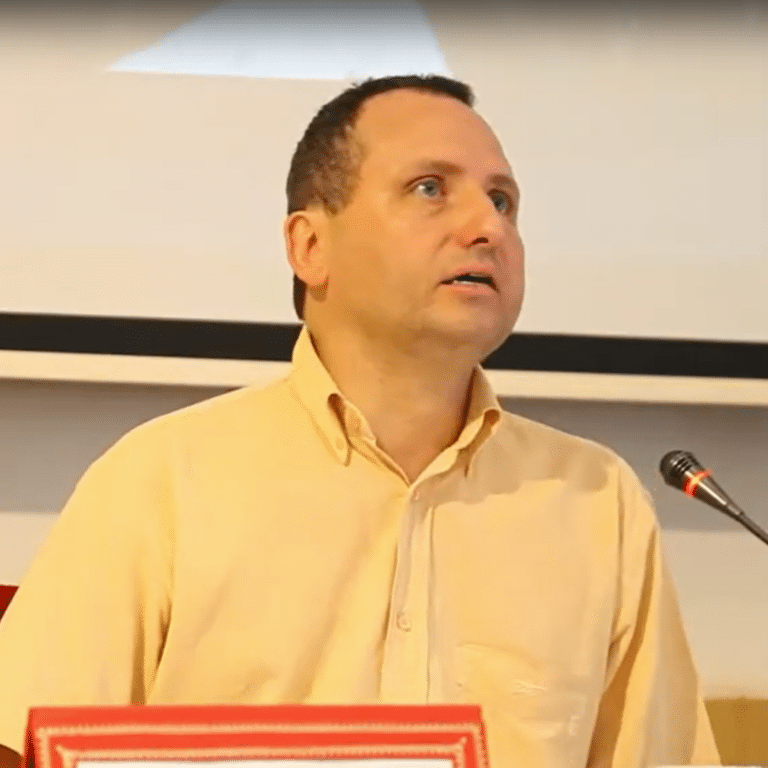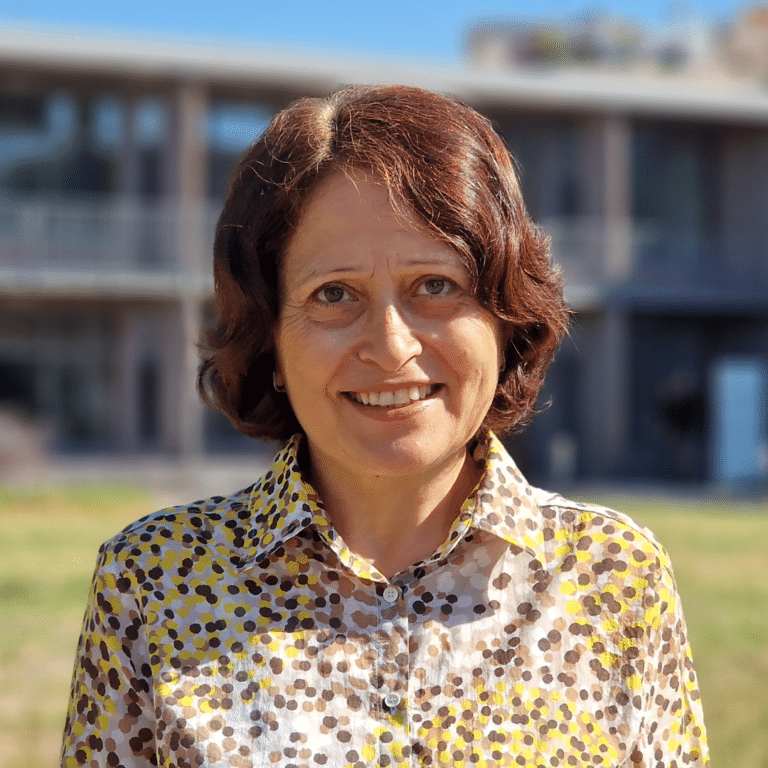
Jim House
Research project
Beyond the Casbah / Medina: space, power and politics in the shantytowns of Algiers and Casablanca (1910-1962)
Summary of the research project
Based on extensive archival and oral history work, Jim House’s research project at the Institute for Advanced Study of Aix-Marseille University (Iméra) focusses on case studies of two large shantytowns (bidonvilles), Carrières centrales (today Hāy Mohammadi) in Casablanca and the Cité Mahieddine in Algiers, while situating these urban areas within the interconnected scales of city, colony, empire and well beyond. This project calls attention to the socio-political and spatial impact of internal migration. It foregrounds the everyday lived experiences and political struggles of shantytown residents through themes such as solidarity and fear, and the colonial urbanism, repression and reform (rehousing) targeting these inhabitants. Resulting in a 150,000-word monograph for Oxford University Press entitled Shantytowns and the City: colonial power relations in Algiers and Casablanca, 1910-1962, this project aims to provide a more inclusive, popular history of the late-colonial period and of decolonisation. Its interdisciplinary approach combines social, political and urban history with sociology, migration and memory studies. House’s book argues that space needs to be a fundamental analytical factor alongside ethnicity, gender, and social class in our understanding of history.
Biography
Jim House is Associate Professor (Senior Lecturer) in French and Francophone History at the University of Leeds, UK. His research centres on France, colonial Algeria and Morocco, as well as on decolonisation, its impact and legacies. Key strands of House’s work have examined colonial repression of popular urban protest and of anti-colonial movements (Algeria, France, Morocco) in the 20th century; the comparative social, political and urban history of colonial Algeria and Morocco; the social memories and wider legacies of the Algerian war of independence (1954-1962); the history of North African migrations (both internal and in France) since 1900: the history of antiracism, ‘race’, and racism in France since 1900.
Using both oral history and archival sources (both public and private) allows him to integrate a wide variety of social, political, ethnic and gendered perspectives. Jim House’s work has increasingly taken on spatial approaches, examining how colonial subjects assert the right to move within and between colonial territories and around the colonial city, and how colonial authorities attempt to limit such mobility and impose or re-impose segregation.
He is the co-author of Paris 1961. Algerians, State Terror, and Memory (Oxford University Press, 2006, with Neil MacMaster), the reference history of the massacre by the Paris police of peaceful Algerians protesting for independence on 17 October 1961, the covering-up of this violence and its gradual ‘resurfacing’ in French society. Paris 1961 was translated into French by Tallandier (2008) and published in Algeria by Casbah Éditions (2012). In 2021, Paris 1961 was re-published in a new edition by Gallimard (‘Folio Histoire’). Parts of this study drew from his PhD on the history of antiracism in France from the 1920s to the 1960s. Jim House’s work has appeared in numerous edited volumes as well as journals such as Genèses. Sciences sociales et histoire, Vingtième siècle. Revue d’histoire, Monde(s). Histoire, espaces, relations, The Historical Journal, Yale French Studies, War in History, Modern and Contemporary France, the Bulletin de l’Institut d’histoire du Temps Présent and Histoire & mesure.
He has held fellowships at the Paris and Amsterdam Institutes of Advanced Study, and a Fernand Braudel Senior Fellowship in History at the European University Institute (Florence), and has received research awards from the British Academy, Leverhulme Trust the Arts and Humanities Research Board (now AHRC), as well as Paris City Council (as co-investigator).



